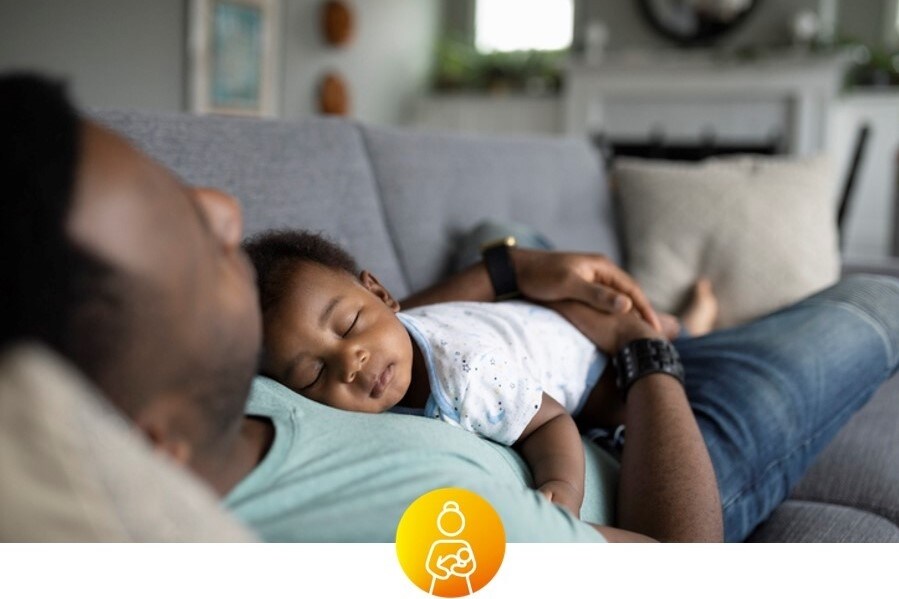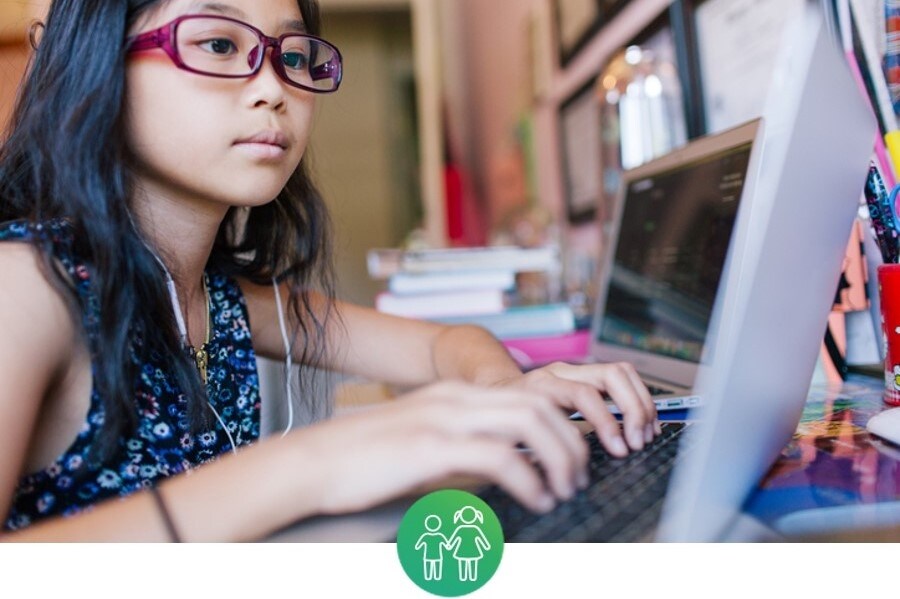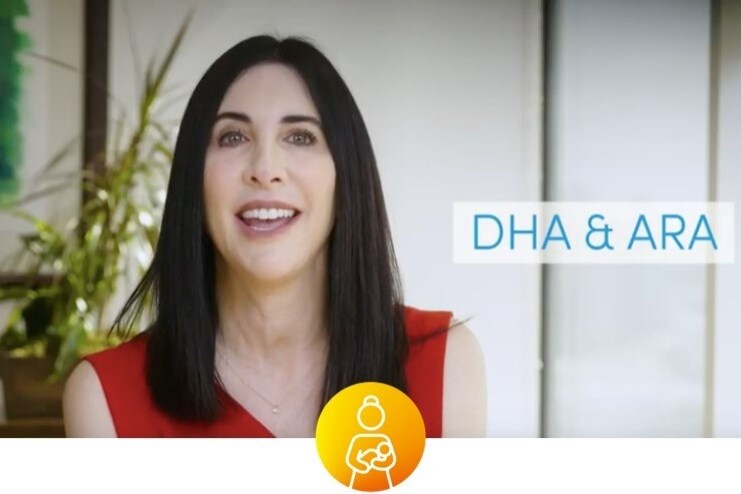
Video: Nutrition for a Healthy Pregnancy Part 2 with Dr. Gregory Ward
Dr. Gregory Ward explores nutrition research that points to the benefits of docosahexaenoic acid (DHA) omega-3.
By: Lauren Rosen Crosby, MD, FAAP
April 3, 2019
When a baby is born, one of the first questions parents ask is, “How far can she see?” followed by, “What color do you think her eyes are?” We all know how important vision is, and parents want to know as much about their child’s vision as possible. Visual development follows a natural progression, and by the time a child is 12 months old it reaches adult levels. Once vision has developed, how do we preserve it?
Some types of sunglasses can help protect our eyes from the sun’s UV rays but what about protecting vision from another source of potential damage, short-wavelength (blue) light?
Smartphones, tablets, and computers are ubiquitous for work as well as during leisure time, but research is revealing that the amount of time spent on these devices as well as the blue light that they emit is not benign. One recent study showed that Americans spend an average of nine hours per day viewing screens, and more and more studies are showing that this can have harmful effects on health (1). These include poor sleep quality, headaches, eye and neck strain, and impaired cognitive performance.
Research into the effects of blue light is revealing that it can actually impair vision, because of its oxidative effect on the retina causing cell damage. Children under age 10 are known to have exceptionally clear crystalline lenses, and may be especially vulnerable to damage from blue light. The macula is a yellowish area in the center of the retina of the eye that has the sharpest vision. A recent study has shown that supplementing with the carotenoids naturally found in the macula can mitigate the damage to the retina done by blue light, also improving sleep quality and reducing eyestrain, eye fatigue, and headaches. These carotenoids are lutein and zeaxanthin — compounds with photoprotective and antioxidant properties.
Screens are here to stay, so in order to protect our health we need to be conscious not only of how much time we spend on screens but what time of day we view them. Blue light in the evenings, especially one to two hours before bedtime, can negatively impact one’s ability to fall asleep by delaying the release of melatonin from the pineal gland in the brain. This lack of proper sleep then affects daytime performance, mood, behavior in children and even has a negative effect on the immune system.
It’s important to mention that screen time should be limited for other reasons as well. Young children especially those under age 24 months learn from watching and talking with you so it is best to avoid digital media for them except for some video chatting. Face to face communication is best for language and social development for all kids, and the use of too much screen time in children also replaces other activities that they should participate in such as socializing, reading, and sports.
Follow Brightest on Instagram @BrightestStart for more tips to help nourish your little one in today’s tech-driven environment.
1. Stringham, James M. et al: “Macular Carotenoid Supplementation improves Visual Performance, Sleep Quality, and Adverse Physical Symptoms in those with High Screen Time Exposure.” Foods 6,47 (2017).
2. Solomon-Moore, Emma et al: “Exploring Parents’ Screen-Viewing Behaviors and Sedentary Time in Association with their Attitudes toward their Young Child’s Screen-viewing.” Preventive Medicine Reports 7, 198-205 (2017).

Dr. Gregory Ward explores nutrition research that points to the benefits of docosahexaenoic acid (DHA) omega-3.

Colic in infants, though considered a benign condition, can bring a lot of stress to a family.

According to a global survey, 64 percent of parents worry about their child’s eye health given their increased exposure to blue light.

Brightest editors had the opportunity to sit down with Dr. Lauren R. Crosby, to learn more about DHA omega-3 and ARA omega-6 and why these fats are so important to a growing baby.